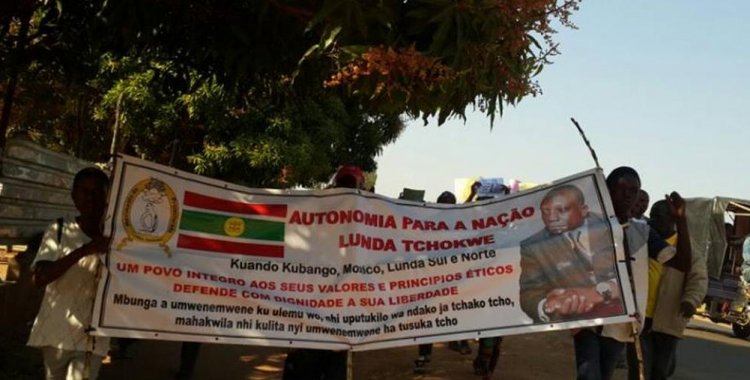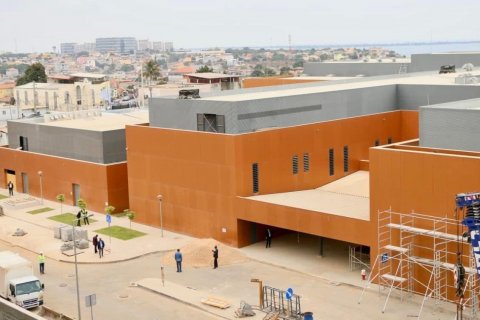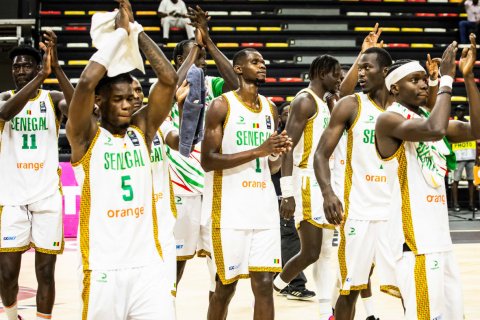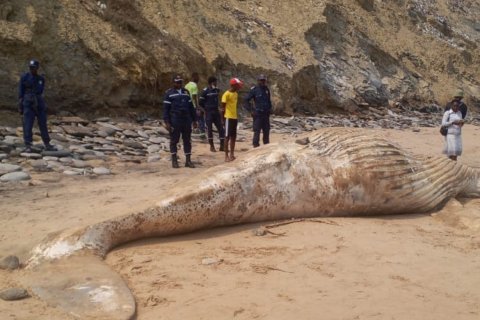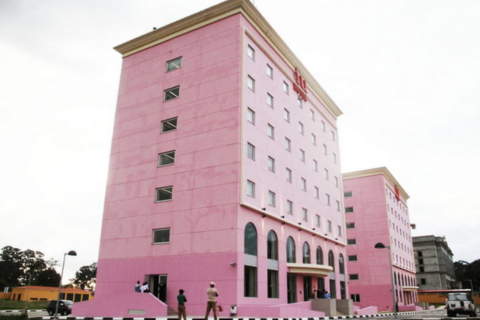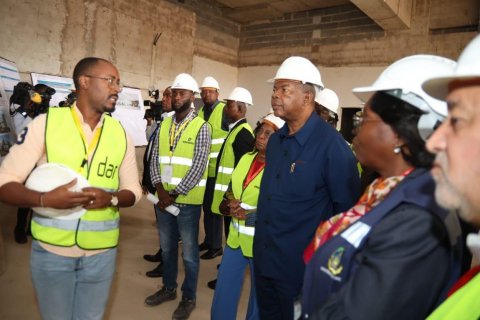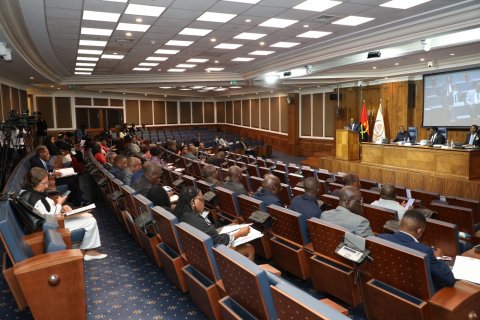The survey, which Lusa had access to on Friday, was carried out between 2016 and 2024, in the provinces of Luanda, Benguela, Bié, Moxico, Malanje, Cuando Cubango, Lunda Sul and Lunda Norte, revealing that 47 percent of respondents want independence, while 2 percent abstained.
The data collected from 3827 people show that 1949 voted for autonomy, 1802 for independence and 76 abstained.
The provinces that were mostly in favour of independence were Lunda Norte (71 percent) and Lunda Sul (59 percent), while those that most supported autonomy were Luanda (63 percent) and Benguela (62 percent).
This survey was only carried out in the capital cities, namely Luanda, Benguela, Cuito (Bié), Menongue (Cuando Cubango), Luena (Moxico), Saurimo (Lunda Sul), Dundo (Lunda Norte) and Malanje.
Regarding its long period of preparation (eight years), the movement stated that the expectation was to carry it out in just 12 months of 2016.
"However, given the difficulties imposed on us by the regime, especially persecution, arrests, financial issues and above all the care taken to approach people, many of these constraints meant that the time was extended to eight years for a project that was supposed to last 12 months", the document states.
The movement also pointed out "many difficulties in approaching citizens, especially the intellectual class", for fear of reprisals, adding that "many politicians and church leaders also expressed their converging and divergent opinions".
The inquiry laments that, "49 years after Angola's independence in 1975, and the dependence of Lunda Tchokwe, and 33 years since the establishment of a democratic and legal state in Angola", the Portuguese Protectorate of Lunda Tchokwe, which includes the provinces of Lunda Norte, Lunda Sul, Moxico and Cuando Cubango, is still governed "in an atmosphere of dictatorship, with excessive restrictions on freedom of expression, associated with numerous cases of violation of the right to physical integrity, the right to life, access to and management of land and water, education and health".
Despite being rich in diamonds and other minerals, compared to other regions of the country, "the Lunda regions are the most backward in terms of socio-economic development, added to the weak democratic openness", it argues.
"All initiatives that aim to create civil society organizations, which aim to promote human rights and the exercise of citizenship are energetically opposed and are held against the Government", it describes.
The MPPLT also criticizes the opposition political parties that "do almost nothing to change the situation, fearing acts of police repression".
In addition to the investigation, also on Friday, the president of the Portuguese Protectorate Movement of Lunda Tchokwe, José Zecamutchima, called for the release of 40 members of this organization, who have been detained for a year in prisons in the provinces of Lunda Norte and Moxico, without trial.
José Zecamutchima said that 13 members are being held in the Cacanda prison, in Lunda Norte, and 27 in the province of Moxico, accused of the crimes of rebellion, criminal association and incitement to rebellion.
"These people remain in prison, there has been no trial until now, a year later", José Zecamutchima told Lusa, recalling that he also served 25 months in prison "unjustly".
The leader of the Lunda Tchokwe Protectorate Movement was detained in one of the prisons in the southern province of Benguela, having been sentenced to four years in prison for "criminal association" and "incitement to rebellion" after a demonstration that degenerated into clashes in the mining town of Cafunfo, in Lunda Norte, on January 30, 2021.
"The accusation was practically the same, rebellion, association of criminals, in the end, that was never proven. Today we are simply demanding that these people be returned to freedom", he added.
In statements to Lusa, Zola Bambi, the lawyer for these detainees, regretted the slowness of the proceedings, which he considered "unjustified".
Zola Bambi said that there are several cases involving these people, who were arrested at different times, highlighting that two of them were arrested in the municipality of Cuango, Lunda Norte, because they were caught reading the statutes of the Portuguese Protectorate Movement Lunda Tchokwe.
"And there is the case of the others who are being held in Moxico, all simply for belonging to the Portuguese Protectorate Movement Lunda Tchokwe", he said.
According to Zola Bambi, these accusations are unfounded and the time they have been held without trial is worrying.
"Because the procedure is clear, they should be released. We have already submitted a request for their release for all of them and now the [request for] 'habeas corpus' will follow, since it can be justified that the arrest is excessive", he stressed.
The lawyer argued that his constituents "should not even be in prison", because they did not commit crimes that justify this measure of serious coercion, arguing that "they could wait in freedom".
"They are being accused, as always, of the crimes of rebellion, incitement to rebellion, association of criminals, as if they were attacking the security or stability of the country," he said.
The Lunda Tchokwe Protectorate Movement fights for the autonomy of the Lundas region, in the northeast of the country.
The autonomy of the Lundas region (Lunda Norte and Lunda Sul, in eastern Angola), rich in diamonds, is claimed by this movement, which is based on a Protectorate Agreement signed between Lunda-Tchokwe natives and Portugal in the years 1885 and 1894, which would give the territory an internationally recognized status.
Portugal would have ignored the kingdom's condition when negotiating Angola's independence in 1974/1975 only with the liberation movements, according to the organization, which is not recognized by the State.

